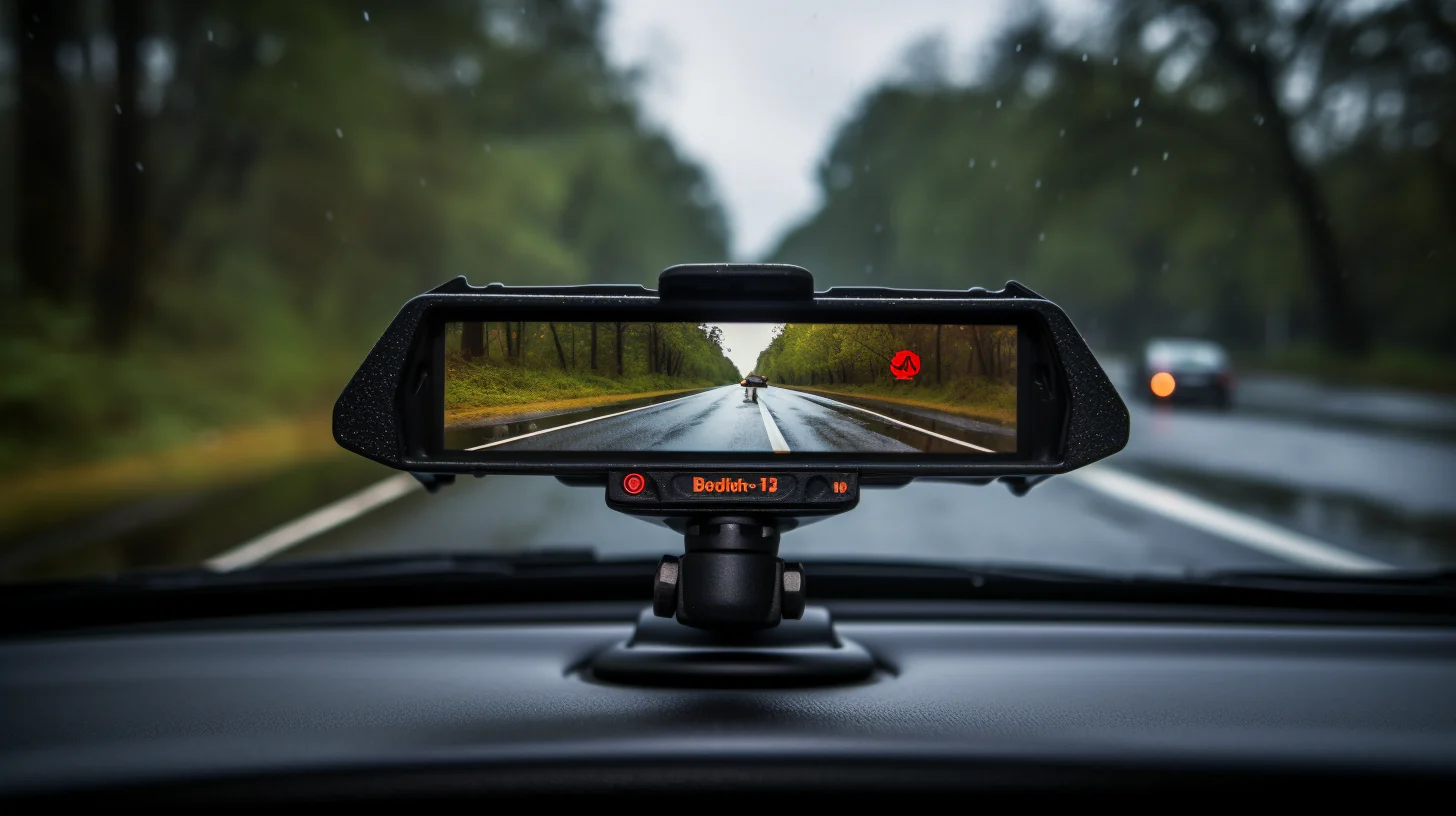Dash cams, small windshield-mounted cameras, have become increasingly popular tools for drivers seeking to protect themselves in the event of an accident. These devices can provide valuable evidence of incidents like collisions, traffic violations, and road hazards. However, specific rules and regulations govern their use in Nevada. This article will explore dash cam laws in the state, covering the legal aspects of mounting, recording, and using dash cam footage.
Dash cams continuously record your driving environment, capturing footage that might be crucial in proving fault or documenting events. For Nevada drivers, understanding the regulations around dash cams is essential. Their benefits include:
- Accident Evidence: In the event of a collision, dash cam footage offers impartial evidence of fault.
- Insurance Claims Support: Video can bolster insurance claims and speed up dispute resolution.
- Driving Behavior Monitoring: Dash cams can encourage safer driving habits.
- Peace of Mind: Dash cams offer reassurance and a sense of security.
Mounting Regulations in Nevada
Nevada has windshield obstruction laws regarding dash cam placement. These aim to minimize visual obstructions for drivers.
- Permitted Areas: Dash cams can be mounted within a 7-square-inch area in the lower passenger-side corner of the windshield or a 5-square-inch area on the driver’s side. Alternatively, they can be attached to the dashboard.
- Obstruction Considerations: Ensure your camera doesn’t significantly hinder your field of vision while driving. Avoid placing it near essential controls or airbags.
Recording Laws and Privacy
Nevada laws impact how and what you can record with a dash cam, particularly regarding audio and private property.
- Audio Recording and Consent: In Nevada, it’s generally legal to record audio within your vehicle. However, best practices recommend informing passengers they’re being recorded, especially if you’re operating a commercial or ride-sharing vehicle.
- Public vs. Private Property: On public roads, you have a less strict expectation of privacy. However, recording on private property (like driveways or parking garages) might require permission or be subject to limitations.
Dash Cam Footage as Evidence
Dash cam footage often plays a vital role in legal proceedings in Nevada. Understanding its admissibility and impact is important:
- Admissibility in Court: Nevada courts generally recognize dash cam footage as admissible evidence. Video demonstrating driving behavior, traffic conditions, and events leading up to an accident can be influential.
- Accident Investigations: Law enforcement might request dash cam footage if you’re involved in an accident. This footage can help them understand the incident’s circumstances.
- Insurance Claims: Insurers may consider dash cam footage when assessing accident claims. Clear video evidence can assist in faster claim processing.
Other Considerations for Nevada Drivers
- Data Storage and Management: Consider how long to store footage, along with secure backup methods due to the sensitivity of data. Decide if you prefer local storage (SD cards) or cloud-based solutions.
- Potential Drawbacks: While generally advantageous, dash cams have some potential downsides:
- Distraction: Fiddling with the camera while driving can be hazardous.
- Self-incrimination: Footage might reveal your own traffic violations.
- Privacy Concerns: Others may raise privacy concerns if captured on your footage.
Examples of Dash Cam Use in Nevada Cities
To illustrate the practical applications of dash cams within Nevada, consider these scenarios:
- Las Vegas Intersection Accident: Dash cam footage captures a car running a red light at a busy intersection in Las Vegas. The video clearly identifies the at-fault driver and aids in establishing liability.
- Reno Parking Lot Incident: A dash cam with parking mode surveillance records a hit-and-run incident in a Reno parking lot. The footage helps identify the offending vehicle, supporting a police investigation and insurance claim.
- Highway Hazard on I-80: A dash cam records a driver swerving to avoid debris on Interstate 80 near Winnemucca. The footage warns other drivers and could help identify the source of the road hazard.
Technological Considerations
When choosing a dash cam for Nevada, here’s what to consider:
- Resolution: Opt for at least 1080p (Full HD) for clear image quality. Higher resolutions like 4K may be beneficial in certain cases.
- Night Vision: Cameras with infrared features enhance visibility in low-light conditions.
- GPS: Embedded GPS adds location data to recordings, helpful for pinpointing incidents.
- Loop Recording: Dash cams often overwrite old footage. Ensure the device accommodates enough storage for your needs.
- G-Sensor: This detects sudden impacts and automatically saves collision footage.
- Heat Resistance: Nevada’s hot climate necessitates a dash cam built to withstand high temperatures.
Sources
Reliable sources to consult for information on Nevada dash cam legality include:
- Nevada Revised Statutes: The official source of codified Nevada law (https://www.leg.state.nv.us/NRS/)
- Nevada Department of Transportation: (https://www.nevadadot.com/)
- Las Vegas Metropolitan Police Department: (https://www.lvmpd.com/)
- Legal Websites and Law Firms: Several law firms specializing in traffic law in Nevada offer resources and articles about dash cams.
Conclusion
Dash cams offer Nevada drivers a valuable tool to enhance safety and accountability. Understanding the state’s regulations around their use empowers informed decision-making. By responsibly installing a dash cam and adhering to recording guidelines, drivers gain protection and peace of mind on the road.
Disclaimer: This article is for informational purposes and does not constitute legal advice. It’s always best to consult with an attorney for any specific legal concerns or questions related to dash cam usage in Nevada.



